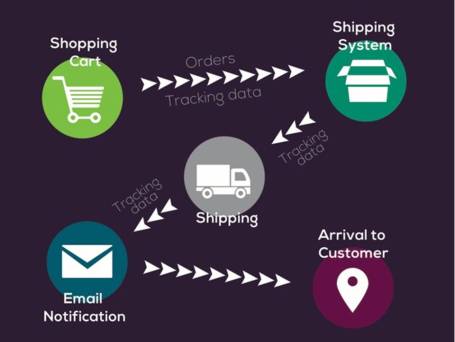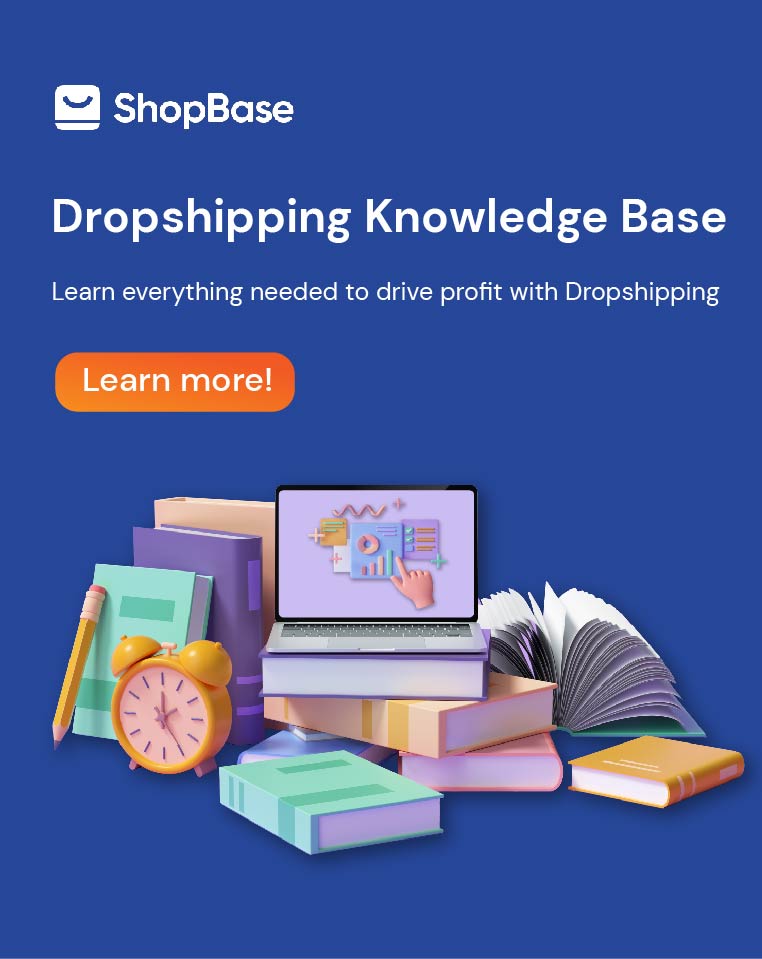
All online-selling businesses need to fulfill products, but each of them may need different types of product fulfillment. It’s because they chose product fulfillment based on their location, business size, and budget.
Today’s most popular types of product fulfillment services are merchant fulfillment, third-party fulfillment, and dropshipping. Merchants should consider all of the options carefully before deciding to choose one.
Menu:
1. Merchant fulfillment
Merchant fulfillment, a.k.a in-house fulfillment or self-fulfillment, is a method that merchants carry out the entire process of product fulfillment by themselves. That is the only way for them to get a good market position and gain customers’ trust.
This method is often picked by brand-new store owners because they cannot find themselves a reliable supplier yet, but still want to control product quality and delivery better.
Merchant fulfillment also enables merchants to have better control over the supply chain and be more responsive to customers. However, it may be very costly and limits business growth.
2. Third-party product fulfillment services
Third-party fulfillment means that merchants outsource fulfillment jobs to an external partner. The jobs may include inventory management, product picking, packing, shipping, and return management.
Many online selling businesses outsource product fulfillment to third-party logistics (3PL), which is a warehouse between merchants and customers that manages and ships out products. In this way, they can free their hand from time-consuming works and stay focused on marketing and boosting sales.
3PLs specialize in logistics and get expertise and experience that merchants can (and should) leverage. Besides, 3PLs are capable of fulfilling products in large quantities, which is good for those merchants whose businesses are scaling up fast. Without 3PLs, they may have to invest a lot of money in logistics infrastructure.
3. Dropshipping
Dropshipping is a fulfillment method that products are manufactured, stocked, and delivered by dropshipping suppliers. When an order is placed, merchants just need to forward that order detail to the suppliers, who then pick, pack, and ship the order directly to end customers.
The dropshipping niche has been grabbing lots of attention because of its low entry barrier and easy setting-up. However, suppliers are mainly based in China, the manufacturer of the globe while merchants can come from every corner of the world. As a result, it often costs a lot of money and takes a very long time to ship a product from a China-based supplier to end customers. That is why many merchants choose to fulfill products domestically.





